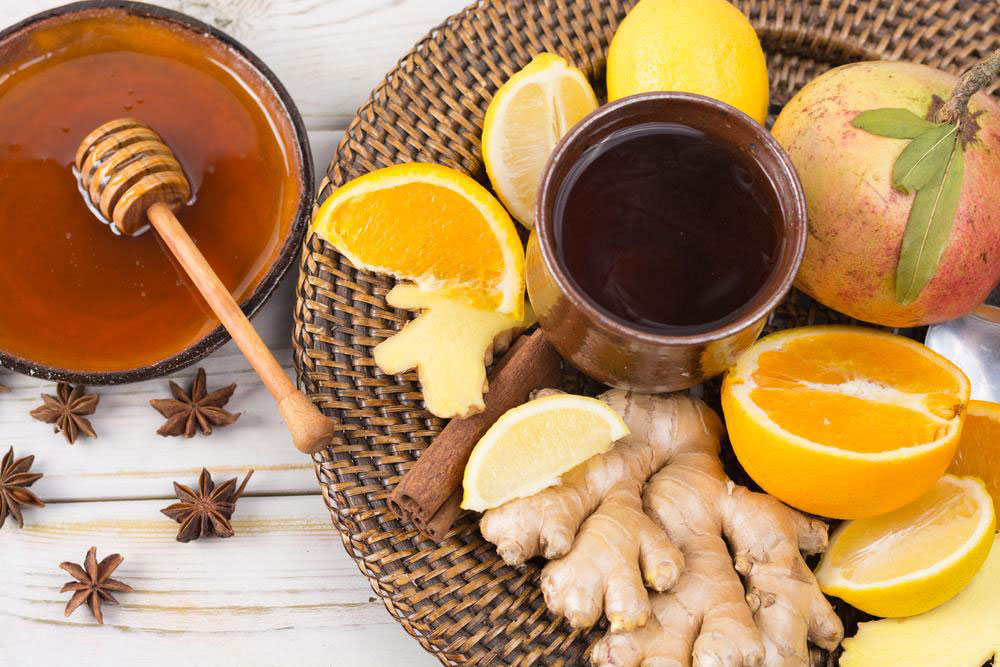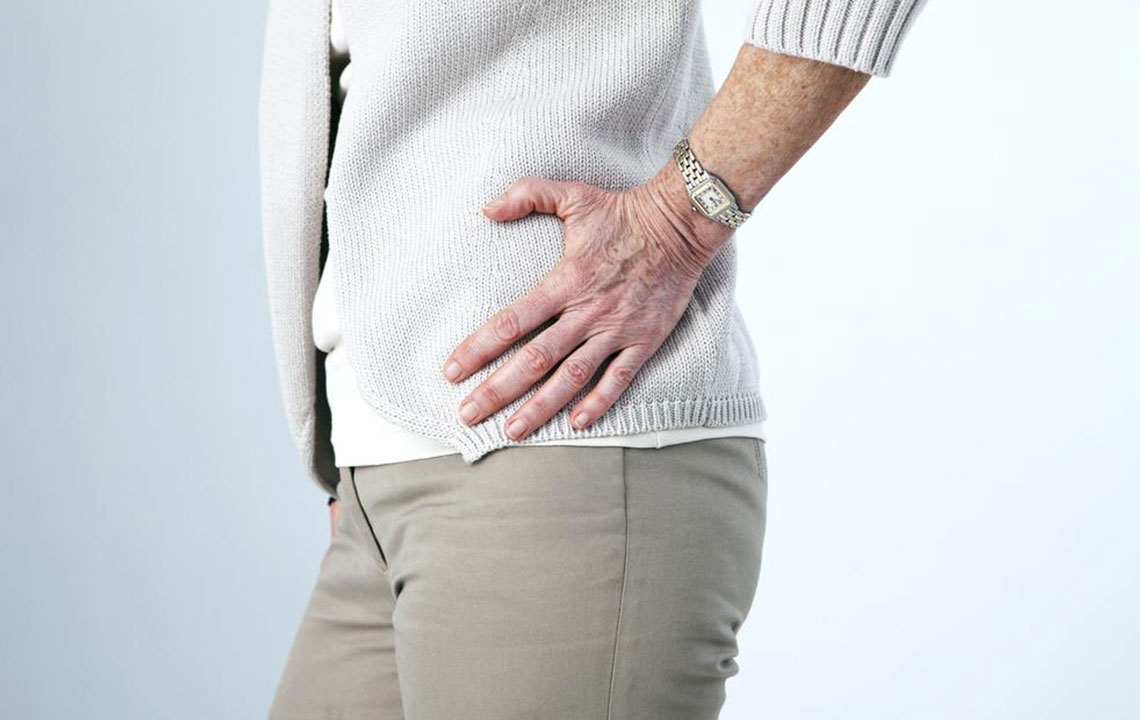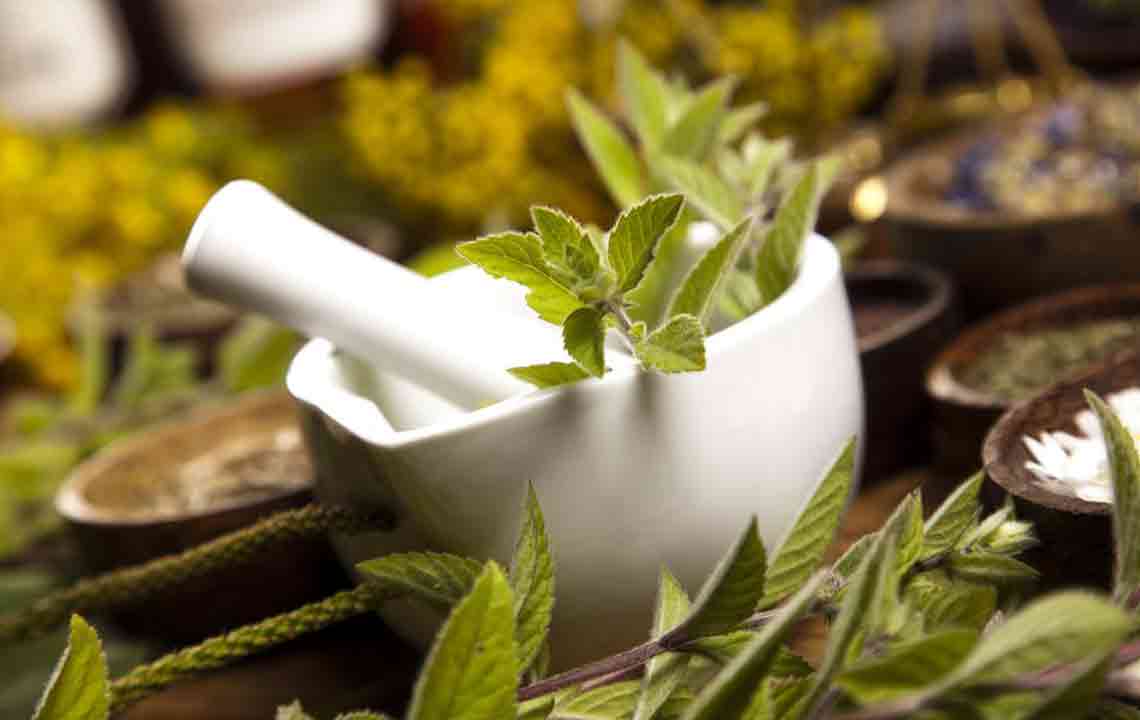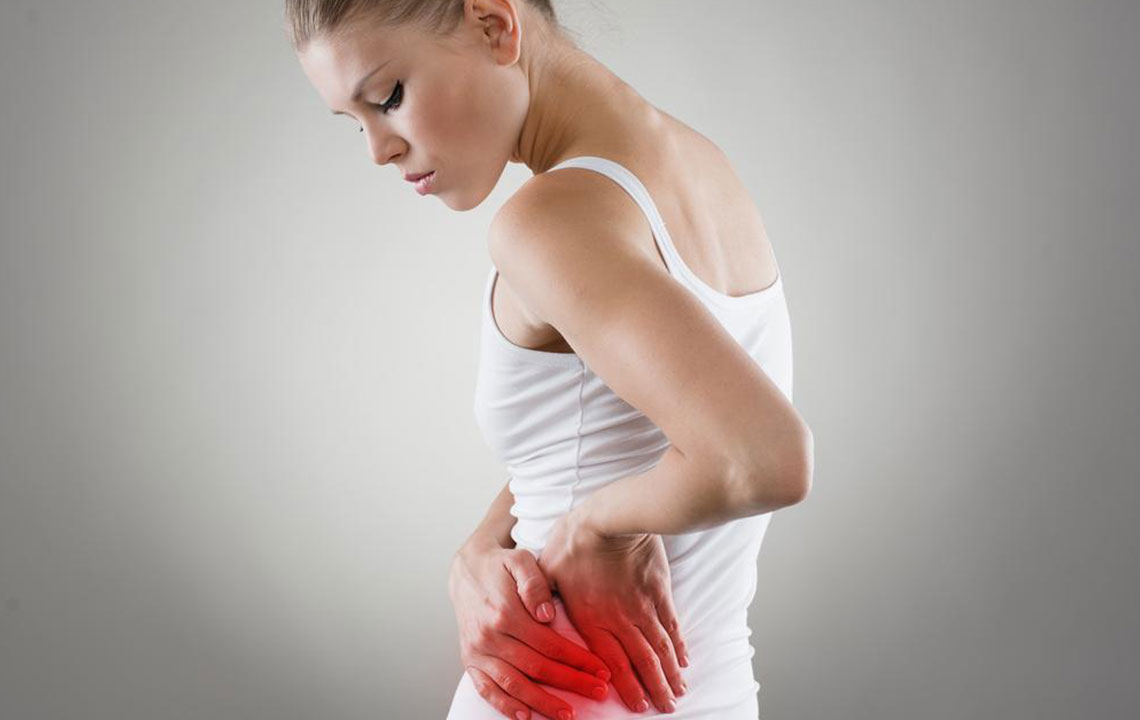Comprehensive Guide to Kidney Stone Prevention and Treatment Methods
This comprehensive guide explores effective strategies for preventing and treating kidney stones through natural remedies, dietary adjustments, medications, and surgical options. Emphasizing hydration, herbal remedies, and medical interventions, it provides essential insights for maintaining optimal kidney health and avoiding recurrent issues. Whether dealing with small or large stones, understanding the right approach helps prevent complications and promotes quick recovery.
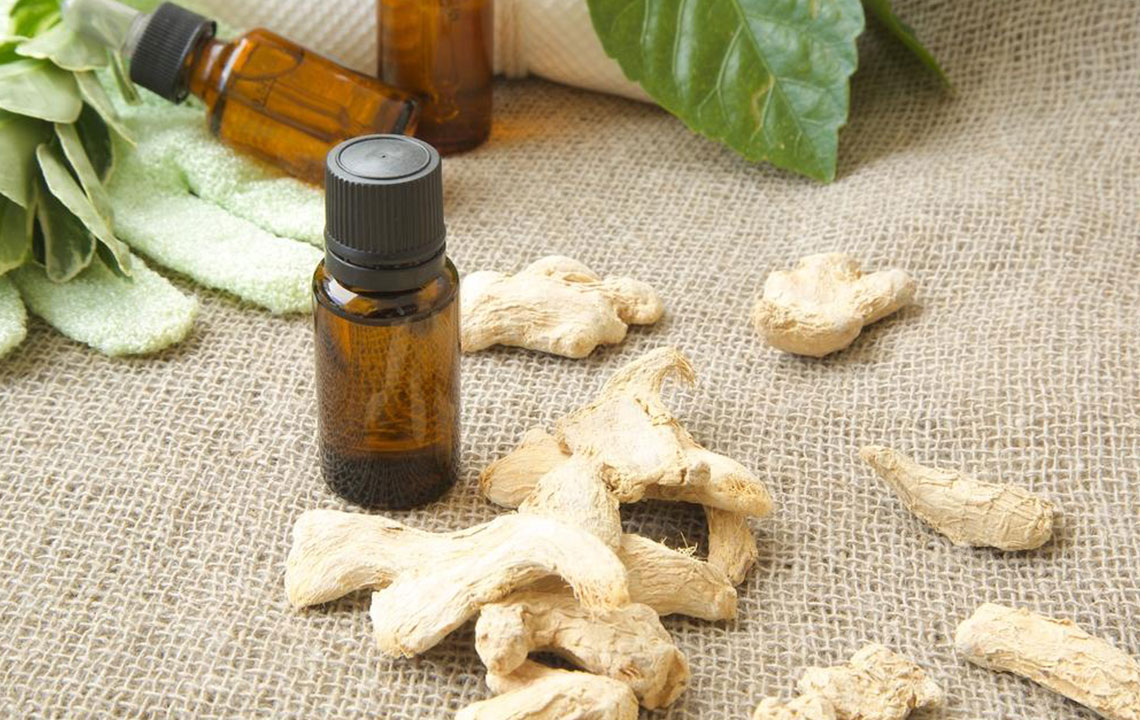
Effective Approaches for Managing and Eliminating Kidney Stones
Kidney stones are solid deposits that form within the urinary tract, typically originating in the kidneys. These crystalline formations can vary greatly in size and number, leading to a range of health issues if not treated promptly. Kidney stones develop when minerals and salts in the urine become concentrated and crystallize, creating hard deposits that can cling to the lining of the kidneys or the urinary tract. The path from formation to expulsion can be complex, often causing significant discomfort and health risks if left unmanaged.
Understanding the process of kidney stone formation is crucial. Small stones, often less than 5 mm in diameter, sometimes pass through the urinary system naturally with minimal or no symptoms. However, larger stones—particularly those exceeding 6 mm—may become lodged in the narrow tubes called ureters, leading to intense pain, urinary difficulties, and potential complications. The pain associated with kidney stones is often described as colicky, radiating from the back to the groin or abdomen, and can be accompanied by nausea, vomiting, hematuria (blood in the urine), and changes in urine color and smell.
Preventing and treating kidney stones involves a multifaceted approach that includes natural remedies, lifestyle modifications, medication, and medical interventions when necessary. Natural methods are often the first step for mild cases or preventive care. Hydration plays a pivotal role; increasing fluid intake, especially distilled or purified water, can dilute the substances responsible for stone formation, thereby reducing their crystallization tendency. Consistently drinking adequate fluids helps flush out existing small stones and prevents new ones from forming.
In addition to proper hydration, dietary modifications are fundamental. Reducing intake of foods high in oxalates (such as spinach, beets, nuts, and chocolate), limiting salt consumption, and moderating protein intake can significantly decrease the risk of stone formation. Incorporating specific natural remedies can enhance the body's ability to dissolve stones and prevent their growth. For instance, apple cider vinegar, which contains citric acid, has been traditionally used to help break down stones when consumed regularly with water. Citric acid helps inhibit stone formation and facilitates dissolution of existing stones.
Herbal remedies also occupy an important place in natural kidney stone management. Chanca Piedra, often called the "stone breaker," is a popular herbal supplement that has demonstrated efficacy in promoting kidney stone dissolution and reducing associated pain. Other natural options include pomegranate juice, which possesses antioxidant properties and supports overall kidney health, and celery seeds, known to promote urine flow and prevent crystal aggregation. Basil tea is another traditional remedy believed to support kidney function and aid in the expulsion of stones. Kidney beans, rich in plant-based proteins and nutrients, help maintain kidney health and assist in flushing out waste products.
While natural remedies are beneficial, pharmaceutical interventions are sometimes necessary, especially when stones are large, painful, or unlikely to pass on their own. Medications are prescribed to relieve pain, reduce inflammation, and facilitate the disintegration of stones. Commonly used over-the-counter pain relievers like Ibuprofen and prescription drugs like Ketorolac provide relief from severe pain. Diuretics may be prescribed to increase urine production, helping to flush out stones faster. Medications like Allopurinol are used in cases related to uric acid stones, and drugs like d-penicillamine help in reducing certain types of cystine stones.
In the most severe cases, when natural treatments and medications fail, surgical intervention becomes necessary. Procedures such as extracorporeal shock wave lithotripsy (ESWL) use shock waves to break larger stones into smaller fragments that can be naturally expelled. Ureteroscopy involves inserting a thin tube with a camera into the urinary tract to locate and remove or pulverize stones. Percutaneous nephrolithotomy, a minimally invasive surgery, is reserved for very large or complex stones. Open surgery is rarely needed but remains an option in complicated scenarios where other methods are ineffective. The goal of surgery is to relieve obstruction, eradicate stones, and prevent future recurrences.
Preventive strategies are vital for long-term kidney health. Maintaining adequate hydration, adopting a balanced diet, and following medical advice can significantly reduce the risk of recurrent stones. Regular medical check-ups and diagnostic imaging help monitor kidney health, especially in individuals with a history of stones or genetic predispositions. Understanding the specific type of kidney stones—whether calcium oxalate, uric acid, cystine, or struvite—is important for customizing treatment and prevention plans. Consulting with healthcare professionals ensures tailored approaches to effectively manage and prevent future formation.
